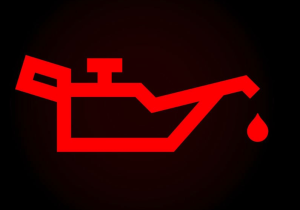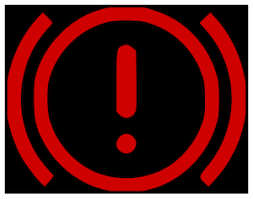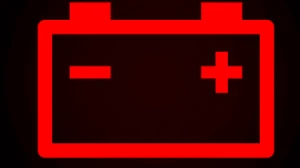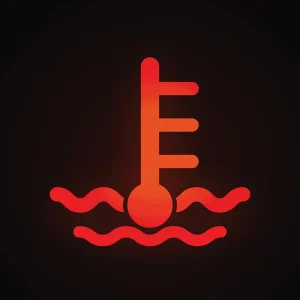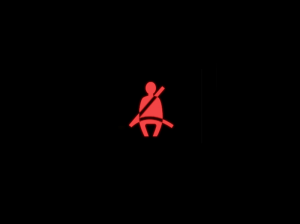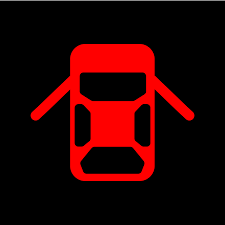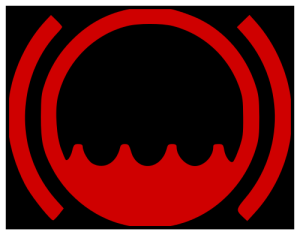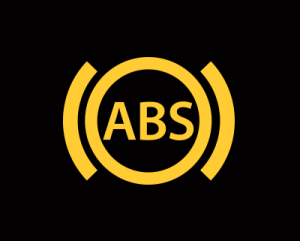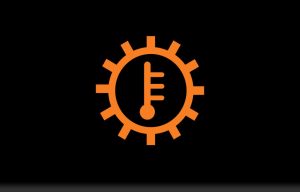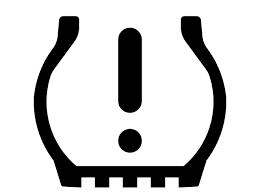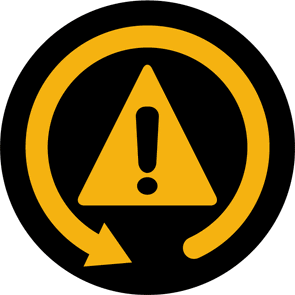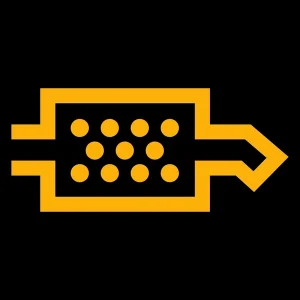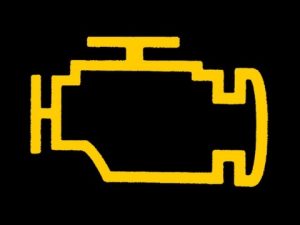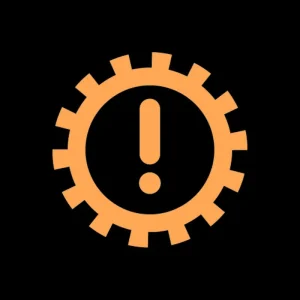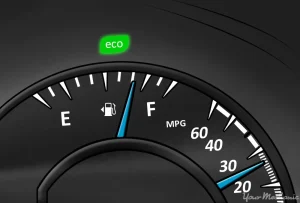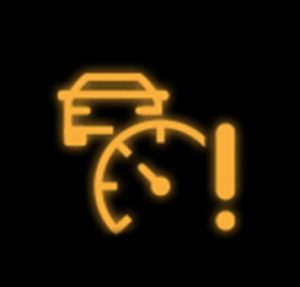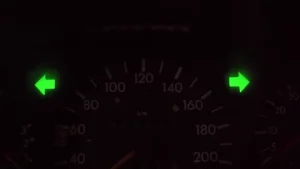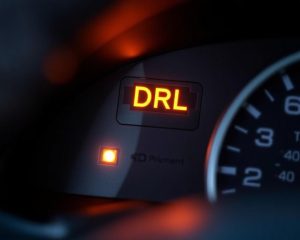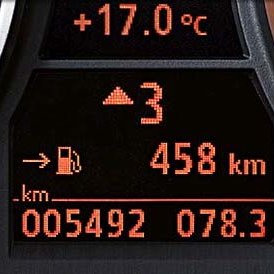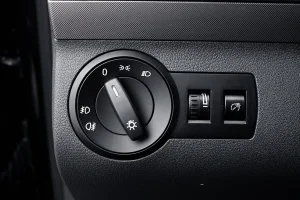Understanding dashboard warning lights in your Opel Corsa is essential for maintaining vehicle safety, as they alert you to potential issues that could lead to accidents or breakdowns if ignored. Recognizing these lights helps prevent costly repairs by prompting timely action, such as checking fluids or visiting a mechanic. Always consult your owner’s manual for model-specific details, and never ignore persistent warnings.
Quick Navigation
Red (Stop Immediately)
Engine Oil Pressure
Low oil pressure can cause engine damage from lack of lubrication. Possible causes include low oil level or a pump failure. Stop driving right away, check the oil level, and add more if needed; get professional help if the light stays on.
Brake System Alert
Indicates a problem with the brakes, like low fluid or a hydraulic issue. This could lead to reduced stopping power. Pull over safely, inspect brake fluid, and call for roadside assistance or a tow to a service center.
Battery Charge Warning
The battery isn’t charging properly, often due to a faulty alternator or loose belt. This may cause the car to stall. Stop immediately, turn off non-essential electrics, and have the charging system checked by a mechanic.
Coolant Temperature Warning
Engine is overheating, possibly from low coolant or a radiator fault. Overheating can warp engine parts. Stop the vehicle, let it cool, check coolant levels, and seek repairs before driving further.
Airbag System Fault
Airbags may not deploy in a crash, due to a sensor or wiring issue. This reduces occupant protection. Stop and have the system inspected at a service center as soon as possible.
Seatbelt Reminder
A seatbelt is unfastened while driving. This increases injury risk in an accident. Stop and ensure all passengers buckle up before continuing.
Power Steering Failure
Power steering assist is lost, making steering hard, often from fluid leak or pump failure. Pull over safely and arrange for towing to avoid control issues.
Door Ajar Warning
A door, hood, or trunk is not fully closed. This could lead to items falling out or safety risks. Stop, check and secure all doors, then resume driving.
Brake Fluid Low
Brake fluid level is too low, risking brake failure. Causes include leaks or worn pads. Stop immediately, top up fluid if possible, and get brakes serviced.
ABS System Fault
Anti-lock braking system is malfunctioning, which may cause wheels to lock during hard braking. Stop and have it repaired to restore safe braking.
Transmission Overheat
Transmission fluid is too hot, possibly from heavy load or low fluid. This can damage gears. Stop, let it cool, check fluid, and visit a mechanic.
Glow Plug Warning (Diesel Models)
Glow plugs aren’t heating properly for cold starts, due to faulty plugs or wiring. Engine may not start easily; stop and have them checked.
Tyre Pressure Critical
Tyre pressure is dangerously low, risking blowouts or poor handling. Stop, inflate tyres to recommended levels, and inspect for damage.
ESP Off (Critical Fault)
Electronic stability program has a severe fault, reducing vehicle control on slippery roads. Stop driving and get it fixed immediately.
DPF Full (Diesel Particulate Filter)
Filter is clogged with soot, causing exhaust issues and potential engine damage. Stop and perform a regeneration drive or seek service.
Yellow/Amber (Action Required Soon)
Check Engine Light
Engine management system detects a fault, like a sensor issue or emissions problem. Performance may drop; have it scanned at a service center soon.
Brake Pad Wear
Brake pads are worn thin, reducing stopping power over time. Replace pads at a garage to prevent damage to rotors.
Transmission Fault
Gearbox has a minor issue, like sensor error, causing rough shifts. Limit driving and get a diagnostic check soon.
Eco Mode Fault
Fuel-saving mode isn’t working correctly, perhaps due to a sensor. Check for errors and reset or service as needed.
Green (Information Only)
Cruise Control On
Speed is being maintained automatically. Adjust as needed via controls; it’s for steady highway driving.
Front Fog Lights On
Fog lights are activated for better visibility in mist. Turn off when not needed to avoid blinding others.
High Beam Active
Headlights are on high beam for night driving. Dip them for oncoming traffic to prevent glare.
Turn Signal Indicator
Blinkers are flashing for a turn or hazard. It reminds you they’re on; cancel after use.
Sidelights On
Parking lights are active for low-light visibility. No issue; they’re functioning as set.
Daytime Running Lights
Lights are on automatically during the day for safety. They operate without input.
Upshift Recommended
Suggests shifting to a higher gear for efficiency. Follow for better fuel use.
Descent Control Active
Helps control speed on steep hills. Engaged for off-road or slippery descents.
Fuel Economy Mode
Engine is in low-power mode for savings. Continue driving normally.
Automatic Headlights On
Lights adjust based on ambient conditions. No manual intervention required.
When looking at Opel, make sure to check out our guides on models like the 1, 2, 3, and 4. Understanding dashboard warning lights is essential. Our expert reviews break down what each light means, highlighting common alerts for these models and what they could signal about underlying issues, so you’re never left guessing behind the wheel.

